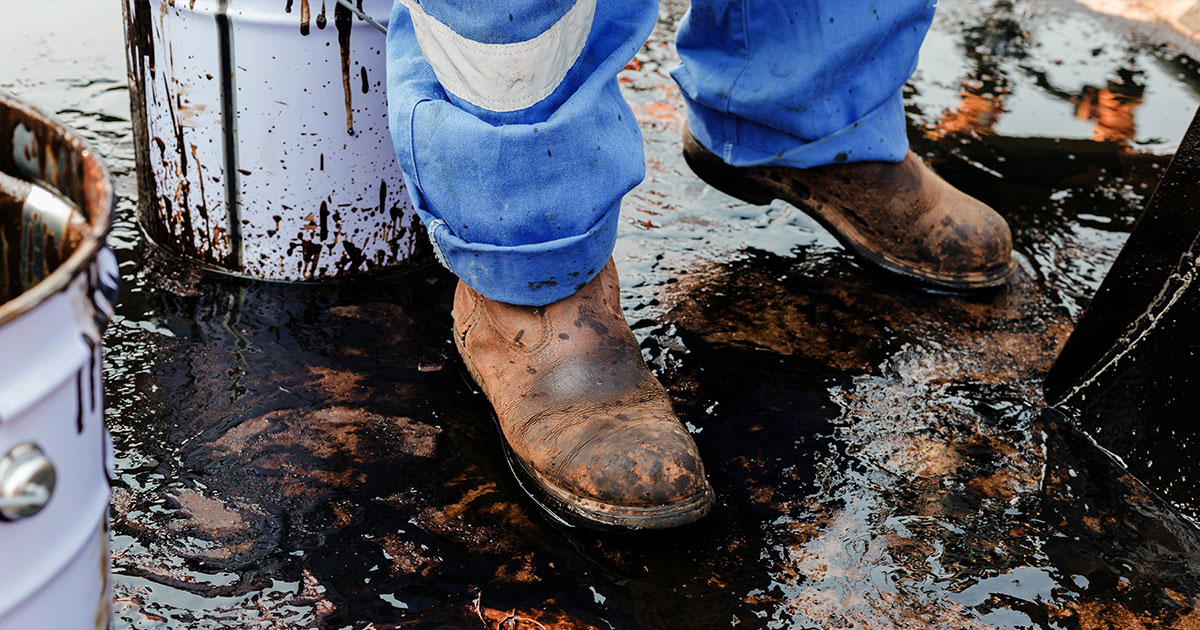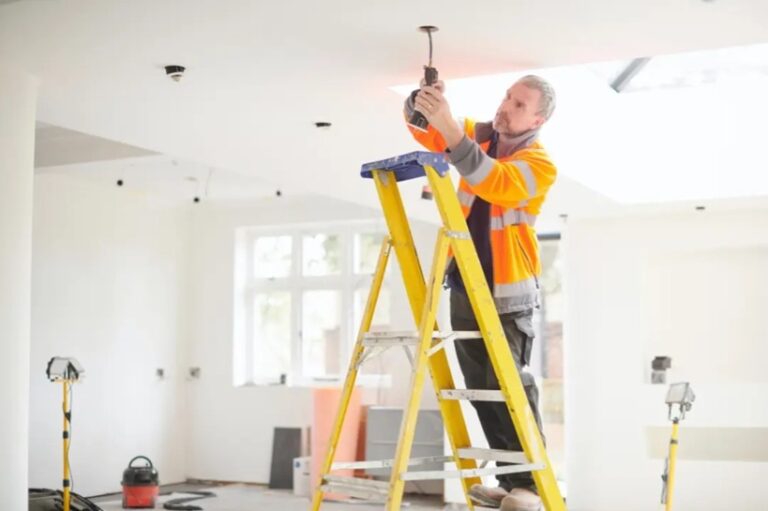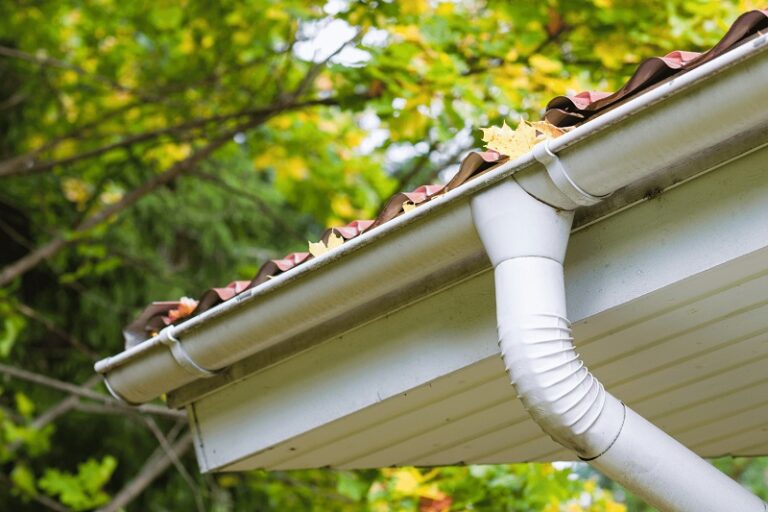
Heating oil spills and leaks can be a stressful and potentially hazardous situation for homeowners. Whether it’s a small spill from a faulty tank or a significant leak from a damaged pipe, prompt action is essential to mitigate the environmental impact and prevent further damage to your property. In this blog, we’ll discuss how to deal with heating oil spills and leaks safely and effectively from advice from heating oil services shropshire, helping you navigate this challenging situation with confidence and ease.
Assess the Situation
The first step in dealing with a heating oil spill or leak from a heating oil tank is to assess the situation calmly and carefully. Identify the source of the spill or leak and determine the extent of the damage. If the spill is small and contained, you may be able to handle it yourself. However, if the spill is large or the leak is severe, it’s best to seek professional assistance immediately.
Safety First
Safety should always be your top priority when dealing with a heating oil spill or leak. Heating oil is flammable and can pose serious health risks if inhaled or ingested. If you suspect a leak, evacuate the area immediately and avoid any open flames, sparks, or smoking materials. Ventilate the area by opening windows and doors to allow fresh air to circulate.
Contain the Spill
If it’s safe to do so, take steps to contain the spill and prevent further spread of the oil. Use absorbent materials such as cat litter, sawdust, or absorbent pads to soak up the oil and contain it within a designated area. Place barriers such as sandbags or absorbent socks around the perimeter of the spill to prevent it from spreading further.
Clean Up the Spill
Once the spill is contained, begin the cleanup process as soon as possible to minimise environmental damage and prevent contamination of soil and water sources. Use absorbent materials to soak up as much oil as possible, then dispose of them properly according to local regulations. Use a detergent or oil spill cleaner to remove any remaining residue from surfaces.
Report the Incident
In many jurisdictions, heating oil spills and leaks are subject to reporting requirements to local environmental authorities. If you experience a spill or leak, contact the appropriate authorities as soon as possible to report the incident and seek guidance on cleanup and mitigation measures. Failure to report a spill or leak may result in fines or penalties.
Repair the Source
Once the spill is cleaned up, it’s essential to address the source of the leak to prevent future incidents. Depending on the nature of the leak, you may need to repair or replace damaged heating oil tanks, pipes, or fittings. Consult with a qualified heating oil technician or plumber to assess the damage and recommend appropriate repairs.
Preventive Measures
To reduce the risk of heating oil spills and leaks in the future, consider implementing preventive measures such as regular maintenance and inspection of heating oil tanks and equipment. Schedule annual inspections by a qualified technician to check for signs of corrosion, wear and tear, and other issues that could lead to leaks. Replace ageing or damaged equipment as needed to ensure safe and reliable operation.
Conclusion
Dealing with heating oil spills and leaks can be a challenging and stressful experience, but with the right approach, you can mitigate environmental damage and prevent further harm to your property. By assessing the situation, prioritising safety, containing the spill, cleaning up effectively, reporting the incident, repairing the source, and implementing preventive measures, you can navigate this situation with confidence and minimise the risk of future incidents. If you’re unsure how to handle a heating oil spill or leak, don’t hesitate to seek professional assistance from qualified technicians or environmental authorities. Taking prompt and decisive action can help protect your home, your health, and the environment.






